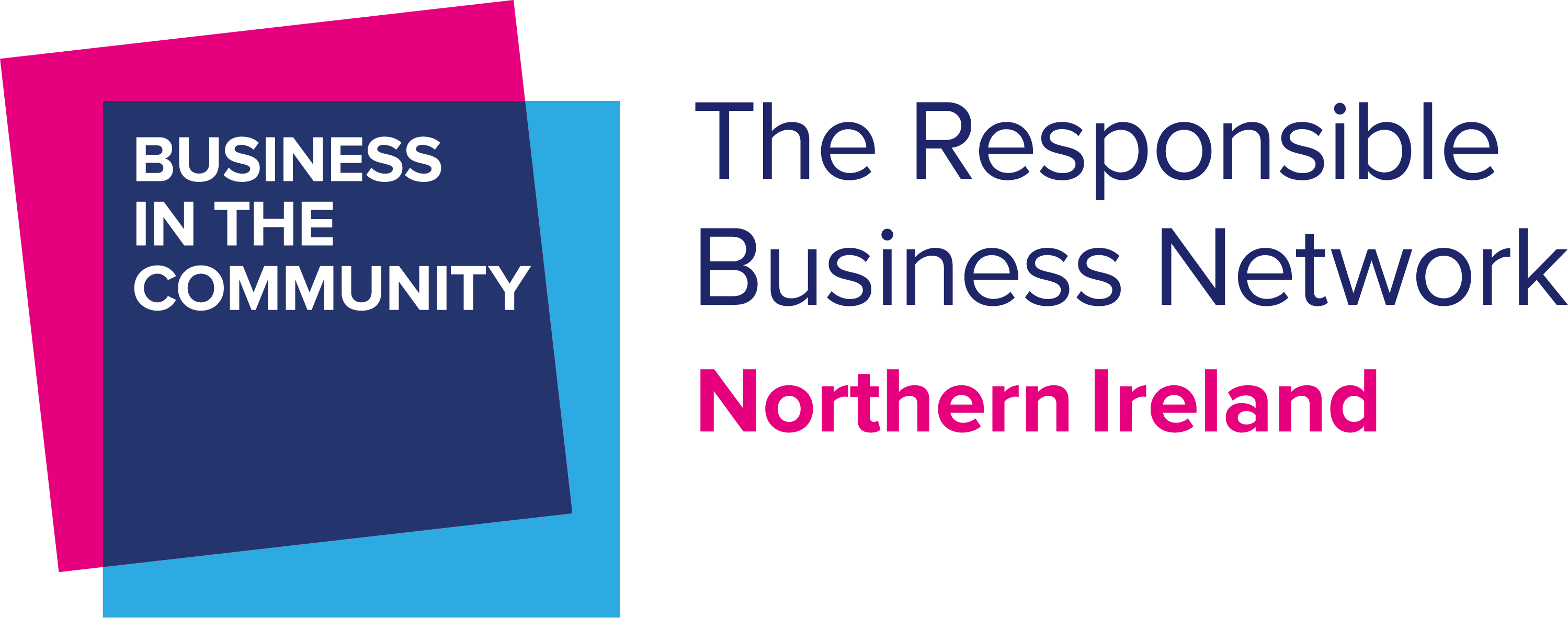Business Action on Climate
By Geraldine Noe, Head of Environment, Business in the Community

If there is one silver lining from the whole COVID-19 crisis, it might be this one: the respite given to our planet due to almost stopping humans most polluting activities. Positive stories of record low pollution levels or fish returning to clear water are emerging and being shared, bringing with them important questions: how do we make sure we don’t go back to the exact same level of damage to the environment once the crisis is over (possibly even higher because of a rebound)? What lessons can we learn from this unprecedented time as individuals and businesses?
Lesson #1: That video call was enough actually
When starting to measure and reduce their GHG emissions, businesses often see those linked to travel and commute (part of scope 3) as challenging to reduce. Why? Because ‘a call is just not the same as a face-to-face meeting’ and ‘if I could take public transport, trust me I would’. In other terms, because they imply a shift in habits, often threatening personal comfort (although we could argue that reducing travel and commute is also benefitting employees’ health and wellbeing).
With whole countries on lockdown, we are going through an amazing and unprecedented large-scale experiment. And while it does take time to adjust and we might encounter technology-related problems, most businesses find that working remotely and meeting virtually actually works. Life and business do go on. When we are able to travel again, let’s take this opportunity to rethink the way we do business: What have we tested? What worked? What could we replicate once we are back to ‘normal’? Which business trips are actually necessary, and which are definitely not? Which of our employees are actually happy to work from home on a regular basis? Where have we gained in efficiency, money, employee’s wellbeing? All these questions could constitute a solid basis to start reducing negative environmental impact.
Lesson #2: Those who fail to plan, plan to fail
Climate scientists generally agree: extreme weather events are already and will increasingly become more frequent. COVID-19, while not being weather-related, is as disruptive as a major hurricane forcing everyone to stay home. And we were not prepared. So how can we adapt our businesses to a new day-to-day that is more resilient, allows for more flexibility, and relies less on external and faraway providers?
Rethinking one’s business model to include the Circular Economy is a first step towards resiliency. Because it makes an organisation less reliant on resources (virgin raw materials, energy . . .) it reduces its dependency. An example that comes to mind in times of stock piling is this one: a maternity ward that uses washable diapers for its newborns does not have to worry about finding disposable ones in the midst of people stockpiling them from supermarkets. It does not ‘compete’ with individuals and is less reliant on external context to ensure service continuity.
Rethinking one’s supply chain to relocalise it can also make it more resilient. Using locally produced resources, relying on a local (even self-generated) energy supply makes a business more in touch with its suppliers and less likely to suffer from events happening at the other end of the world, including geopolitical ones. That step should also include one’s waste: Can they be reused, recycled, or treated locally? How much strain does my activity put on possibly already fragile environments or countries?
Let’s not waste this unique opportunity to not rethink our way of doing business in a less harmful way for the environment.
For more information, or to support the Business Action on Climate campaign visit www.bitcni.org.uk/climate or contact geraldine.noe@bitcni.org.uk
Our Climate Champions are:
 |
 |
 |
 |
 |
 |
 |


